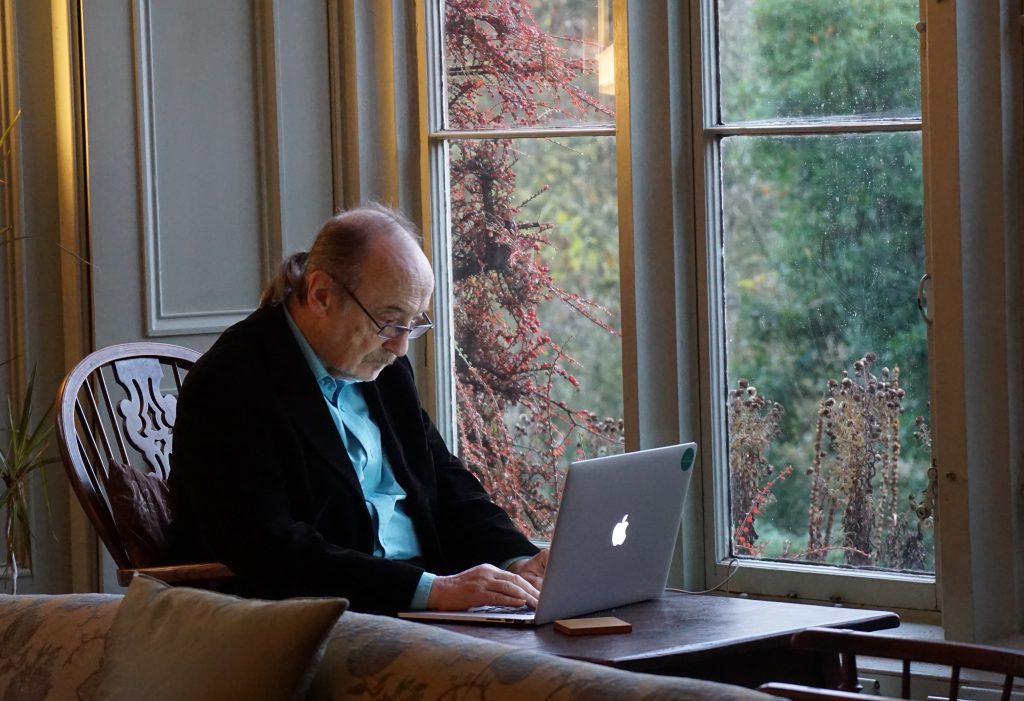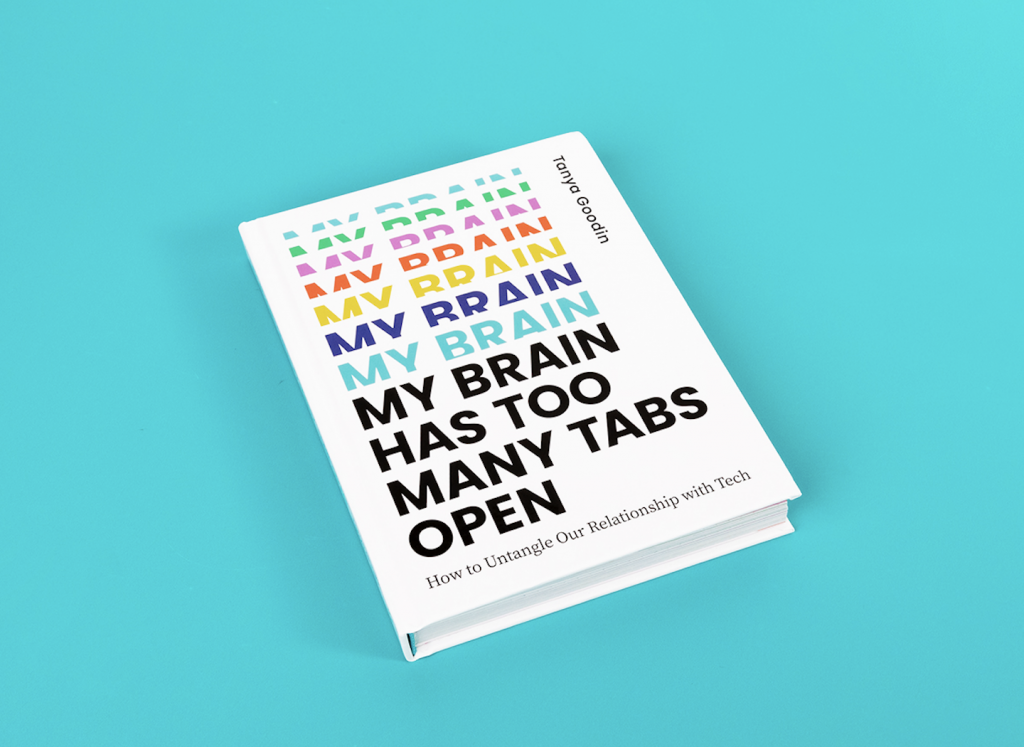When I ask the audiences in my corporate talks to identify likely suspects for sharing misinformation, there are always the same suggestions: conspiracy theorists, anti-vaxxers, that distant relative who seems to spend hours on Facebook. But studies show there’s one characteristic that can help you predict who’s more likely to share and engage with fake news than any other group: they tend to be older adults, or boomers.
An analysis by researchers at New York and Princeton Universities found older users shared more fake news than younger ones regardless of education, sex, race, income, or how many links they shared. In fact, age predicted this behaviour better than any other characteristic — including their party affiliation.
“What is pretty striking is that the relationship [between age and sharing fake news] holds even when you control for party affiliation or ideology. It’s not just being driven by older people being more conservative.”
Andrew Guess, Princeton
But, why?
Do over 65s spread fake news because they lack digital literacy skills?
One theory is that older adults lack the kind of tech know-how that younger adults have, not being digital natives like millennials or Gen Z-ers. But Nadia Brashier, a researcher in cognitive psychology and cognitive neuroscience at Harvard, carried out a review of fake news sharing and says “that’s not exactly fair,” pointing out how people of all ages struggle to keep abreast of updates to social networks and apps.
Is it because of the cognitive decline associated with ageing?
Another theory put forward is that, as the brain’s functions deteriorate with ageing, it may leave older people less able to critically interrogate the news they come across online. But, several experiments have shown that the ability to distinguish fake from true headlines actually increases with age. Older adults successfully categorise true and false headlines at first glance when asked to. The trouble comes when news stories crop up in their news feeds, posted by people they trust.

Older adults have smaller social networks and trust them more
The 65+ age group involves a period of significant social changes, including greater trust, difficulty detecting lies, and less emphasis on accuracy when communicating. For better or worse, interpersonal trust increases with age. Older adults give more optimistic answers to the question, “Generally speaking, would you say that most people can be trusted or that you need to be very careful in dealing with people?” They also report more trust in family members, friends, neighbours, and strangers.
So, as they’re browsing social media and see news shared by people in their network, older adults might just make the simple assumption they can trust it because of who is posting it. They might assume that any and all content shared by friends and followers is accurate (“my close friends and family would not spread fake news”), not understanding that friends and family could have fallen victim to misinformation themselves.
How can we help older adults stop spreading fake news?
We probably ought to be prioritising educating older adults in digital literacy, just as much as we’re focusing on students and younger adults. Indeed, where misinformation is concerned, we ought to be focusing on them more. Explaining that members of our close social circles can be taken in by misinformation, and communicating the dangers of continuing to share it, should be high on our agenda when talking to our overly-active relatives on Facebook. Good luck!

For more about fake news, filter bubbles and the dangers of spreading misinformation, pick up a copy of my new book (or buy one for someone who needs it).
